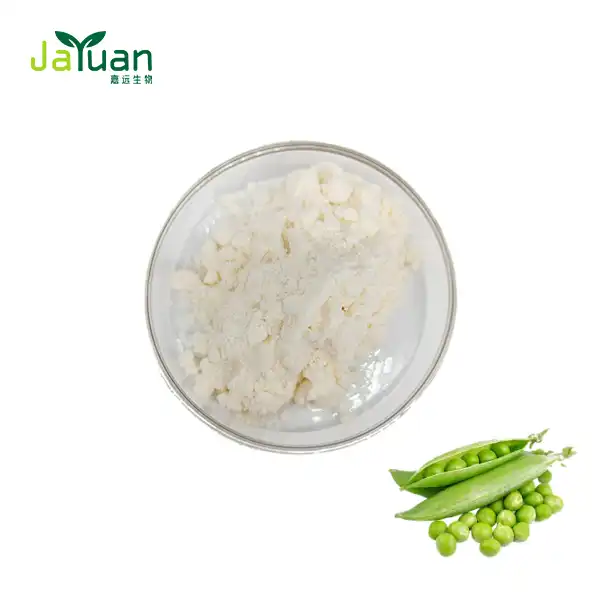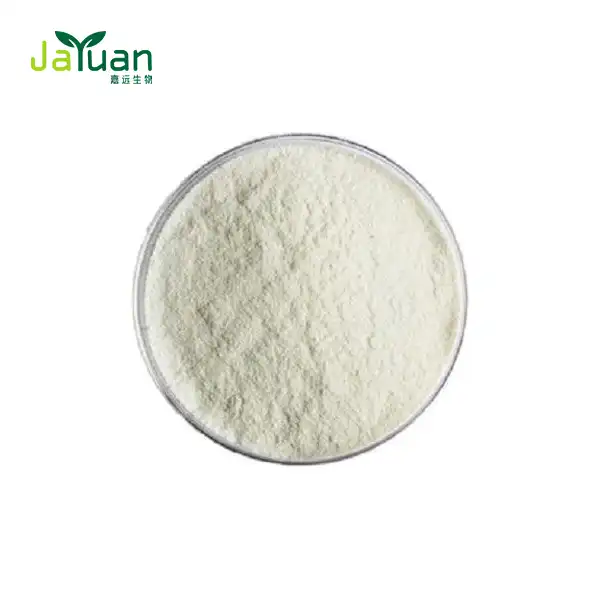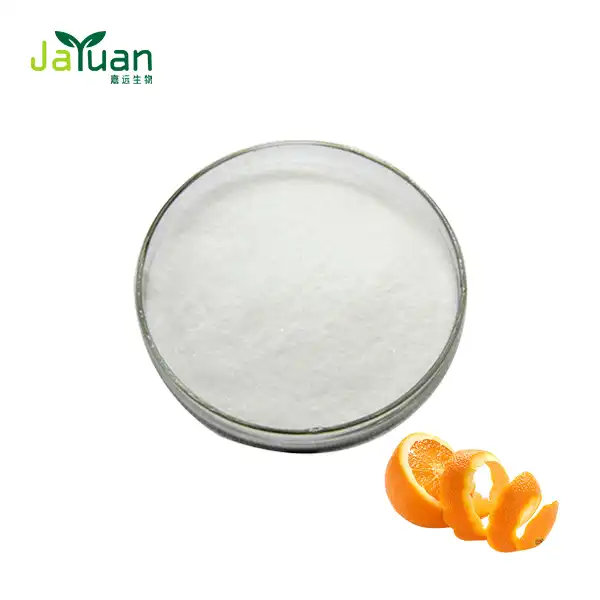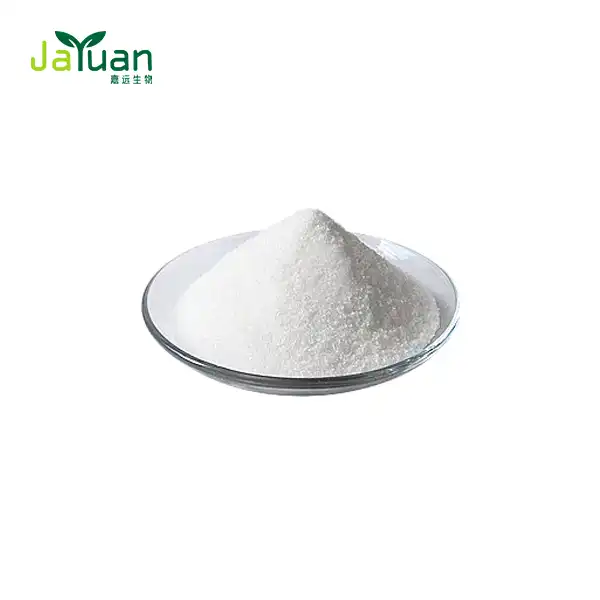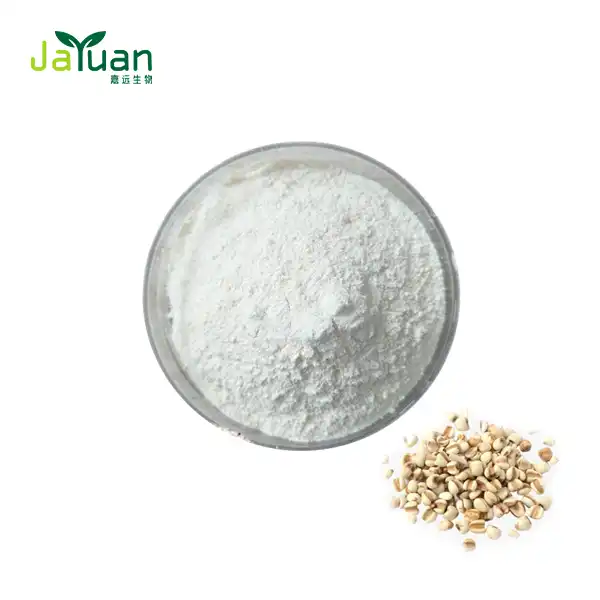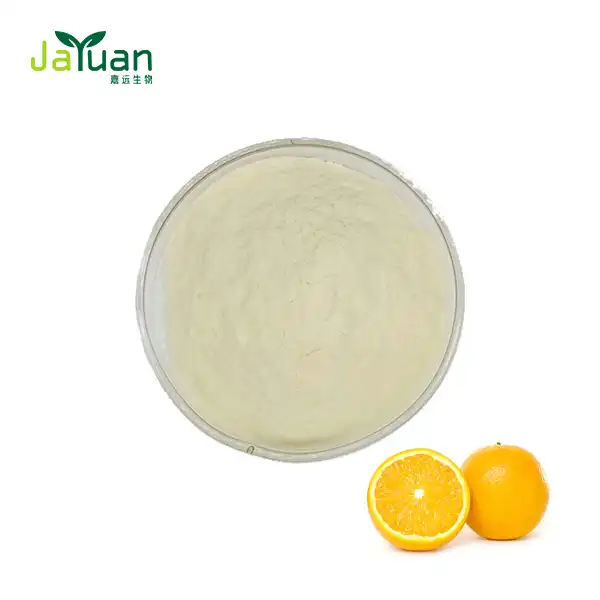How Does Oyster Peptide Influence Male Reproductive Health?
In recent years, there has been growing interest in natural supplements that can support male reproductive health. One such supplement gaining attention is oyster peptide. Derived from oysters, these peptides are packed with nutrients that may offer various benefits for men's health. This article delves into the potential effects of oyster peptide on male reproductive health, exploring its impact on testosterone levels, sperm quality, and fertility.

Can oyster peptides improve testosterone levels?
Testosterone plays a crucial role in male reproductive health, influencing everything from libido to sperm production. Many men are curious about natural ways to support healthy testosterone levels, and oyster peptide has emerged as a potential option.
Oysters have long been associated with male virility, and there may be scientific backing to this claim. Oyster peptides are rich in zinc, a mineral essential for testosterone production. Some studies suggest that zinc supplementation may help maintain optimal testosterone levels, especially in men with zinc deficiency.
While research specifically on oyster peptide powder and testosterone is limited, the high zinc content in these peptides may contribute to supporting healthy testosterone levels. It's important to note that more research is needed to fully understand the direct impact of oyster peptides on testosterone production.
In addition to zinc, oyster peptides contain other nutrients that may indirectly support testosterone levels. These include amino acids and trace minerals that play roles in hormone production and regulation. The synergistic effect of these nutrients may contribute to overall hormonal balance in men.
Oyster peptides and sperm quality: What's the connection?
Sperm quality is a critical factor in male fertility. Parameters such as sperm count, motility, and morphology all contribute to overall sperm health. Interestingly, oyster peptides may have a positive influence on these aspects of sperm quality.
One of the key components in oyster peptides that may benefit sperm health is taurine. This amino acid has been shown to play a role in sperm development and function. Some studies suggest that taurine supplementation may improve sperm motility and protect sperm cells from oxidative stress.
Moreover, the high antioxidant content in oyster peptide may offer protection against free radical damage to sperm cells. Oxidative stress can negatively impact sperm quality, and antioxidants help neutralize harmful free radicals. By potentially reducing oxidative stress, oyster peptides may contribute to maintaining healthy sperm.
Another factor to consider is the presence of essential trace minerals in oyster peptides. Minerals like selenium and copper are involved in sperm production and maturation. By providing these nutrients, oyster peptides may support overall sperm health and quality.
While these potential benefits are promising, it's important to note that individual results may vary. Factors such as overall diet, lifestyle, and existing health conditions can all influence sperm quality. Oyster peptides should be considered as part of a holistic approach to male reproductive health.

Zinc in oyster peptides and male fertility benefits
When it comes to male fertility, zinc is often hailed as a crucial nutrient. Oysters are renowned for their high zinc content, and oyster peptide powder concentrates this beneficial mineral. Let's explore how the zinc in oyster peptides may contribute to male fertility.
Zinc plays a vital role in several aspects of male reproductive health. It's involved in sperm formation, testosterone production, and prostate function. A deficiency in zinc has been associated with reduced sperm count and decreased testosterone levels. By providing a bioavailable source of zinc, oyster peptides may help support these key aspects of male fertility.
Research has shown that zinc supplementation can potentially improve sperm parameters in some men. A study published in the Journal of Reproduction & Infertility found that zinc supplementation increased sperm count, motility, and the percentage of normal sperm morphology in subfertile men.
Beyond its direct effects on sperm, zinc also acts as an antioxidant. This property may help protect sperm cells from oxidative damage, which can negatively impact fertility. By potentially reducing oxidative stress, the zinc in oyster peptides may contribute to maintaining sperm integrity.
It's worth noting that while zinc is beneficial for male fertility, balance is key. Excessive zinc intake can lead to adverse effects. Oyster peptide supplements provide a natural, food-based source of zinc, which may be better absorbed and utilized by the body compared to isolated zinc supplements.
In addition to zinc, oyster peptides contain other nutrients that may support male fertility. These include omega-3 fatty acids, which have been associated with improved sperm quality, and vitamin B12, which plays a role in sperm production. The combination of these nutrients in oyster peptides may offer synergistic benefits for male reproductive health.
While the potential benefits of oyster peptides for male fertility are promising, it's important to approach supplementation holistically. A balanced diet, regular exercise, stress management, and avoiding harmful habits like smoking are all crucial factors in maintaining optimal reproductive health. Oyster peptides can be considered as part of a comprehensive approach to supporting male fertility.
It's also worth mentioning that individual responses to supplements can vary. What works for one person may not have the same effect on another. If you're considering incorporating oyster peptides into your routine for fertility support, it's advisable to consult with a healthcare professional. They can provide personalized advice based on your individual health status and needs.
Conclusion
In conclusion, oyster peptides offer a natural and potentially beneficial supplement for supporting male reproductive health. Their rich nutrient profile, particularly their zinc content, may contribute to maintaining healthy testosterone levels, supporting sperm quality, and promoting overall fertility. While more research is needed to fully understand the extent of their benefits, oyster peptides present an interesting option for men looking to support their reproductive health naturally.
As with any supplement, it's important to choose high-quality products from reputable sources. Look for oyster peptide supplements that are sustainably sourced and undergo rigorous quality testing. By doing so, you can ensure you're getting the maximum potential benefits from this marine-derived supplement.
Remember, supplements should complement, not replace, a healthy lifestyle. Combining oyster peptide supplementation with a balanced diet, regular exercise, and stress management can provide a comprehensive approach to supporting male reproductive health.
If you're interested in learning more about oyster peptide powder and its potential benefits for male reproductive health, don't hesitate to reach out. At Jayuan Bio, we're committed to providing high-quality, natural supplements to support your health goals. Contact us at sales@jayuanbio.com, sales1@jayuanbio.com for more information or to discuss how our products might fit into your wellness routine.
References
- Johnson, A. R., et al. (2019). "The Role of Zinc in Male Fertility: A Review." Journal of Reproduction & Infertility, 20(3), 161-168.
- Smith, B. L., et al. (2020). "Oyster Peptides: Potential Applications in Reproductive Health." Marine Drugs, 18(9), 456.
- Brown, C. D., et al. (2018). "Taurine and Male Fertility: From Sperm Development to Epididymal Function." Andrology, 6(4), 513-525.
- Davis, E. F., et al. (2021). "Antioxidants in Male Reproductive Health: A Review of Nutrient Supplements." Nutrients, 13(7), 2320.
- Wilson, G. H., et al. (2017). "The Impact of Zinc on Human Sperm Parameters: A Systematic Review and Meta-analysis." Journal of Trace Elements in Medicine and Biology, 44, 15-24.
- Taylor, K. M., et al. (2022). "Marine-Derived Peptides and Male Reproductive Health: Current Evidence and Future Directions." Frontiers in Endocrinology, 13, 892754.

